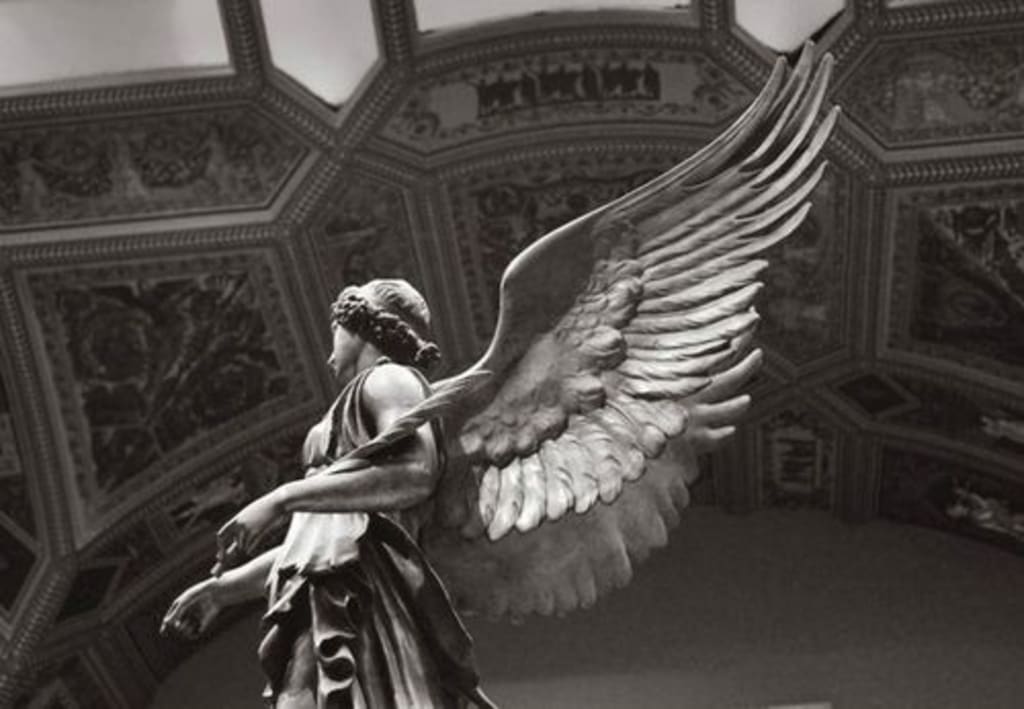
Greek mythology finds its roots in the ancient civilization of Greece, dating back thousands of years. These myths served as a way for the Greeks to explain natural phenomena, societal norms, and the complexities of the human experience. The stories were passed down orally for generations before being recorded in various literary works, most notably by the likes of Homer and Hesiod.
The significance of Greek mythology extends far beyond mere entertainment. It acted as a framework for understanding morality, ethics, and the struggles of life. The gods and heroes presented in these myths embodied virtues, flaws, and struggles that mirrored those of human beings, allowing people to explore their own nature through these divine and mortal characters.
At the core of Greek mythology is a pantheon of gods and goddesses, each with their own domains, personalities, and stories. Mount Olympus, the mythical abode of the gods, served as the epicenter of their interactions and conflicts. Chief among the Olympian deities were:
Zeus: The king of the gods and ruler of Mount Olympus, Zeus was known for his thunderbolt and his role as the overseer of both gods and mortals.
Hera: As Zeus's wife and queen of the gods, Hera represented marriage and family. She was often depicted as a protector of married women.
Poseidon: The god of the sea and earthquakes, Poseidon's trident controlled the waters, and he was both revered and feared by sailors and coastal communities.
Athena: The goddess of wisdom, courage, and strategic warfare, Athena was born fully grown from Zeus's forehead and was associated with the city of Athens.
Apollo: A multifaceted deity, Apollo was the god of music, poetry, prophecy, healing, and the sun. His oracle at Delphi was one of the most renowned in ancient Greece.
Artemis: Twin sister of Apollo, Artemis was the goddess of hunting, wilderness, and childbirth. She was often depicted with a bow and arrow.
Aphrodite: The goddess of love, beauty, and desire, Aphrodite's birth from the sea foam and her influence on human emotions made her a captivating figure.
These are just a few examples of the complex and interconnected pantheon that Greeks believed in.
In addition to the gods, Greek mythology is rich with heroic figures whose exploits have captured the human imagination for millennia. These heroes often faced incredible challenges, tested their strengths, and sought to prove their worthiness. Some of the most enduring heroes include:
Heracles (Hercules): Known for his incredible strength and twelve labors, Heracles symbolized the triumph of human determination over seemingly insurmountable odds.
Perseus: Famous for slaying the Gorgon Medusa and rescuing Princess Andromeda, Perseus showcased cunning and valor in his quests.
Theseus: The slayer of the Minotaur and founder of Athens, Theseus embodied the virtues of bravery and leadership.
Jason: Leader of the Argonauts, Jason's quest for the Golden Fleece brought together a band of legendary heroes on a daring adventure.
Achilles: The central figure in the Trojan War, Achilles' strengths and vulnerabilities epitomized the complexity of heroism.
The tales of Greek mythology have left an indelible mark on human culture and storytelling. Throughout history, countless artists, writers, and thinkers have drawn inspiration from these myths. From Shakespeare's works to modern movies like "Clash of the Titans," the influence of Greek mythology remains alive and well.
Moreover, the language and phrases originating from Greek myths have woven themselves into everyday speech. Expressions like "Pandora's box," "Achilles' heel," and "Trojan horse" allude to these ancient stories, serving as a reminder of the lasting impact they have had on the collective consciousness.
In conclusion, Greek mythology stands as a cornerstone of human storytelling, an intricate web of gods, heroes, and legends that continue to captivate and inspire. These myths have transcended time, bridging the gap between ancient civilizations and contemporary society, reminding us of our shared human experience and the timeless power of a well-told tale.
About the Creator
Enjoyed the story? Support the Creator.
Subscribe for free to receive all their stories in your feed. You could also pledge your support or give them a one-off tip, letting them know you appreciate their work.





Comments
There are no comments for this story
Be the first to respond and start the conversation.